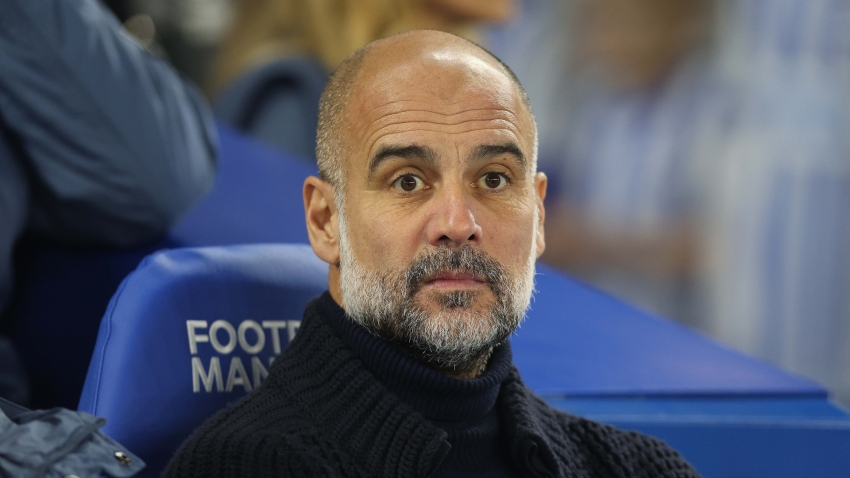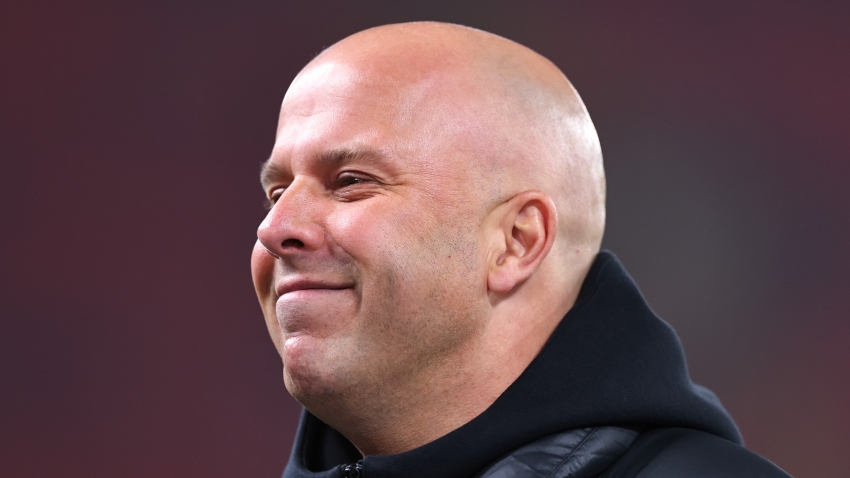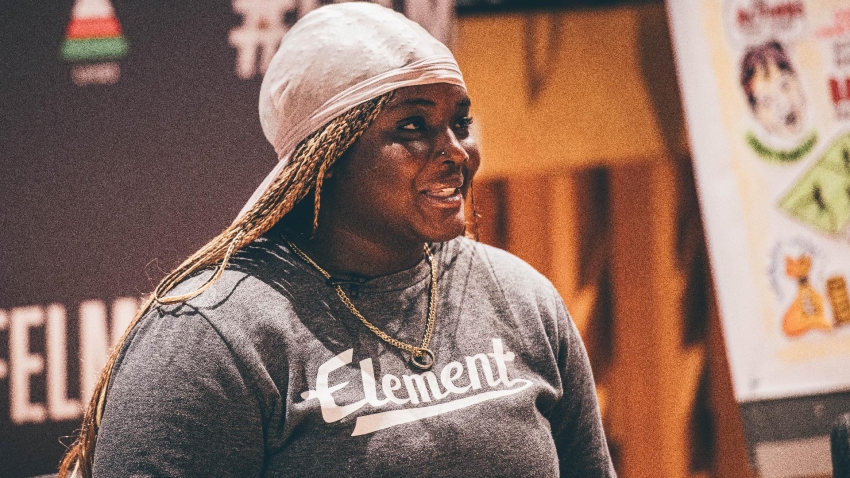Para shot-put and discus thrower Funmi Oduwaiye distinctly remembers the day her sister pointed to Paralympic champion Jonnie Peacock on the documentary Rising Phoenix and said “that could be you”.
While many would be flattered by the comparison to Peacock, who took home gold at the London 2012 and Rio 2016 Games, the Cardiff athlete’s immediate reaction was “god forbid”.
Oduwaiye was in recovery from one of 10 surgeries to her knee over the space of three years, but she was not ready to give up on a future in basketball. Accepting her disability felt like denying her destiny.
“I (wanted) my leg to heal and then have an amazing story and go back to basketball,” she told the PA news agency ahead of Sunday’s International Day of Persons with Disabilities.
“I was definitely above average with my dedication to basketball. It was tough.
“Not even the thought of being able-bodied and now being disabled, it’s like, I was an athlete. I wanted to pursue being a professional athlete as a career. In my head, I was like, ‘there’s no way I can do that’.
“I can’t even feel my leg. I can’t even move my leg. They’re talking about cutting it off.”
Four months ago, just a over year after starting a new journey in in para athletics, Oduwaiye finished sixth in F64 discus and fourth in F64 shot put on debut at the World Para Athletics Championships in Paris, where she confesses it took a while before she recognised one of her team-mates: Jonnie Peacock.
They had eaten dinner together, but Oduwaiye recalled: “When I first met him, I didn’t even realise because I was still trying to remember everyone, but I didn’t know it was him until we started watching Rising Phoenix at the championships and I was like, ‘Wait! No way!’”
Oduwaiye was playing for a basketball academy by age 11 and representing Wales by her mid-teens, when she was getting offers to play in Europe but ultimately aiming for US college ball.
Everything changed when she underwent surgery to rectify a joint issue, during which doctors damaged an artery, and subsequent surgeries to rectify the problem were unsuccessful.
One of Oduwaiye’s team-mates was married to Paralympic medal winner, Anthony Stevens, who put her in touch with the late Anthony Hughes, an influential coach and athlete in Welsh para-sport.
It was through him she met her coach, Josh Clark, who “immediately they saw me and said, ‘yeah, you’re a thrower’. I kind of wanted to try other stuff, but I just trusted in them.
“At first I just kept (the new sport) to myself. It was at that point where I was still in denial about my disability, I was still like, ‘I’ll come back and play basketball’.”
Acceptance was a gradual process but supported by Clark and fuelled by Oduwaiye’s unwavering faith, her sister’s prediction could well come true should she qualify for next summer’s Paralympics in Paris, with another world championships also on the horizon next spring.
Last month, Oduwaiye was a special guest at a conference organised by Urdd Gobaith Cymru and attended by 150 young women designed to inspire involvement in sport.
She is still getting used to the fact that she is now the athlete on TV, who someone might point to and tell a child, “that could be you”.
“I’m living the athlete lifestyle. I can still travel, I can still have team-mates, I can still travel the world. That’s what I always wanted to do,” she added.
“The fact that I get to be one of those faces is crazy to me. I’m representing me and I’m doing well. I’m going to be one of those faces that people see and are influenced by.
“I always knew I was destined for great things, it was just I didn’t know what I was destined to be great at.
“I thought it was basketball because that was working well, but little did I know that God closed one door and opened an even bigger one.”




























